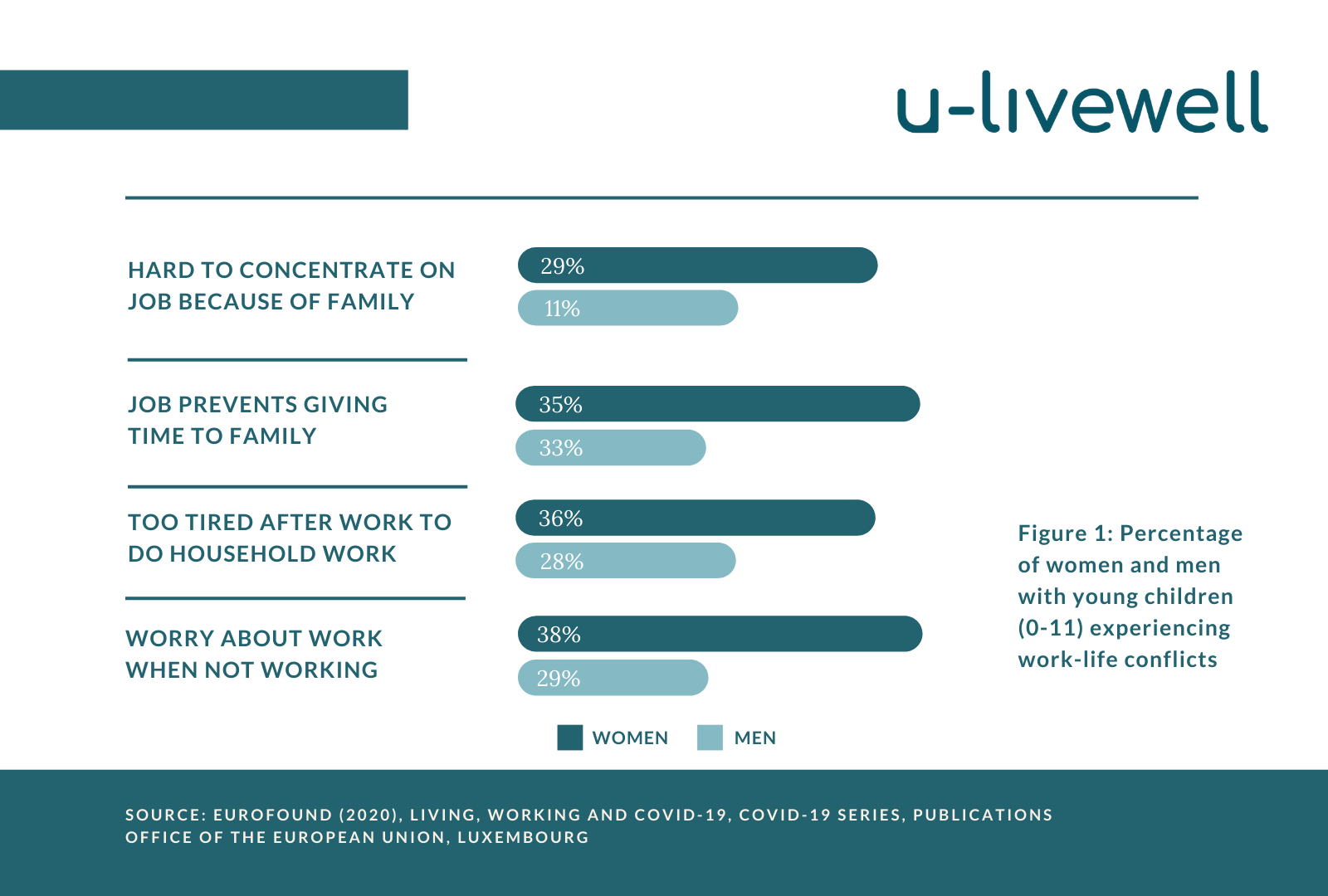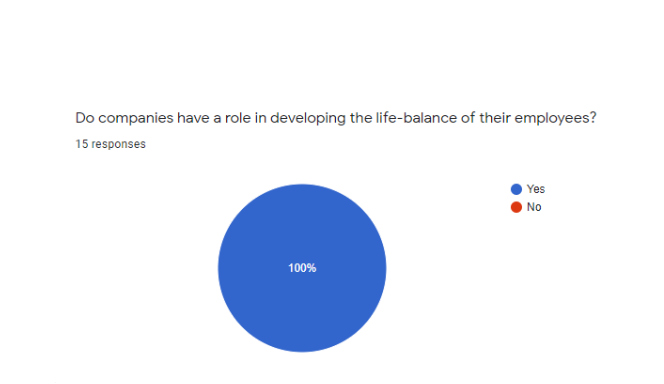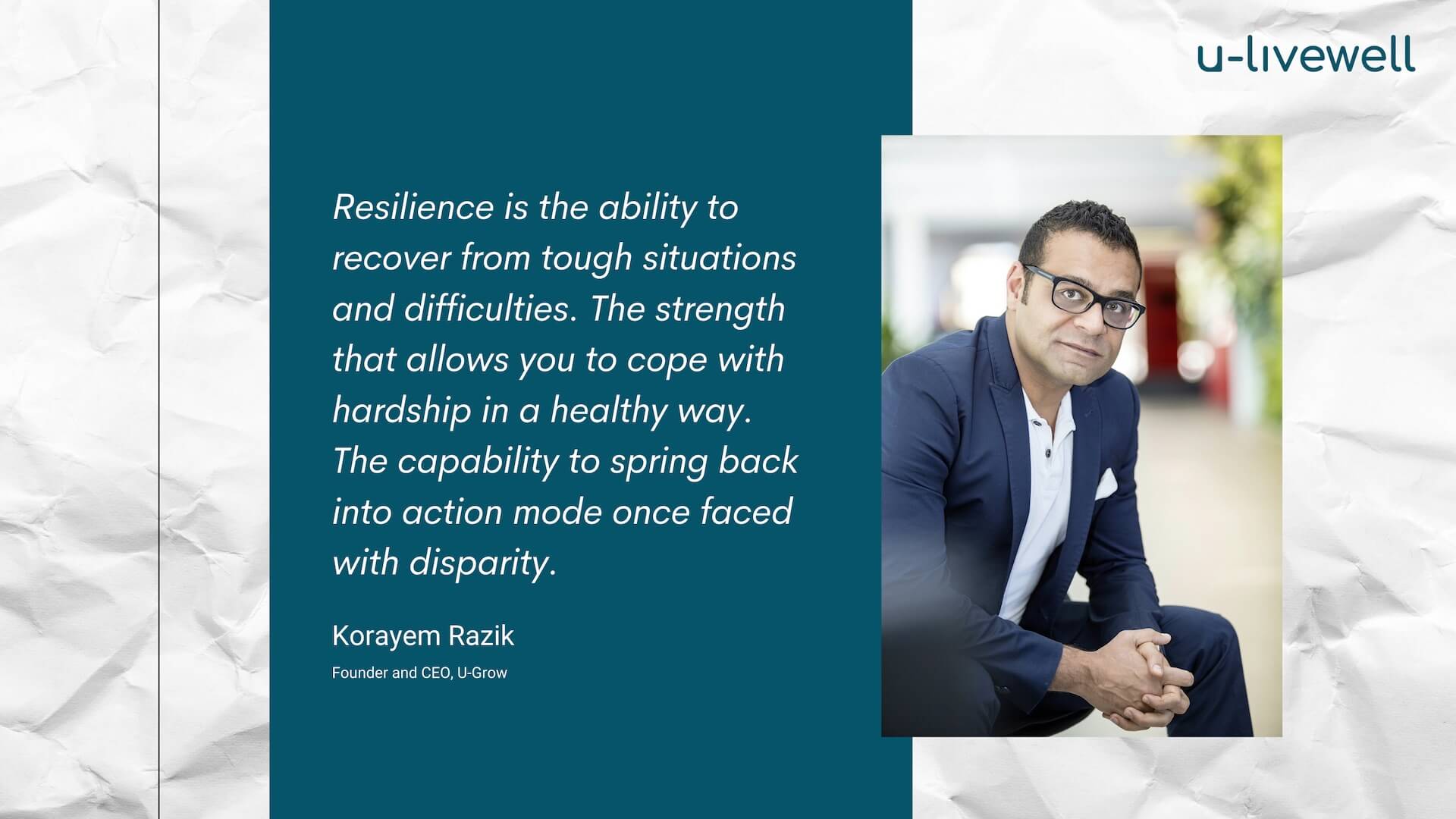No one should be coached on how to live their life
No one should be coached on how to live their life
I am not a life coach. I don’t want to be one, and I cannot be called one.
Why? Because no one needs a life coach. No one should be coached on how to live their life.
What do I do then? I am a mental trainer and coach. I give the world the right tools to live healthily and increase resiliency.
I help people find their values and their goals. I help them boost their self-esteem and let them understand why they should and how they should love themselves.
What does it take to live in balance?
This is what the world exactly needs now.
I believe that psychologists and psychiatrists are an essential part of life. When we need help while facing a psychological challenge or when we feel that we are going into a deep hole, we should consider meeting with a professional right away.
We need to be guided with the right tools to find our way and build resilience. Having the right tools prevent us from sinking into mental health diseases. This is how we could protect ourselves in the future.
By having the right tools, we are guided on what kind of food helps us live in a balance – not to be bloated, lose excess weight, and prevent any long-term diseases.
The right tools will also guide what movements keep the heart healthy and tone the muscles, such as: how to sit at your desk, how to destress, how to relax when you are in a meeting, how to manage your time, how to love yourself, how to have a new you, how to speak clearly and say your opinion, how to communicate, and how to be in a relationship again or how to keep it.









